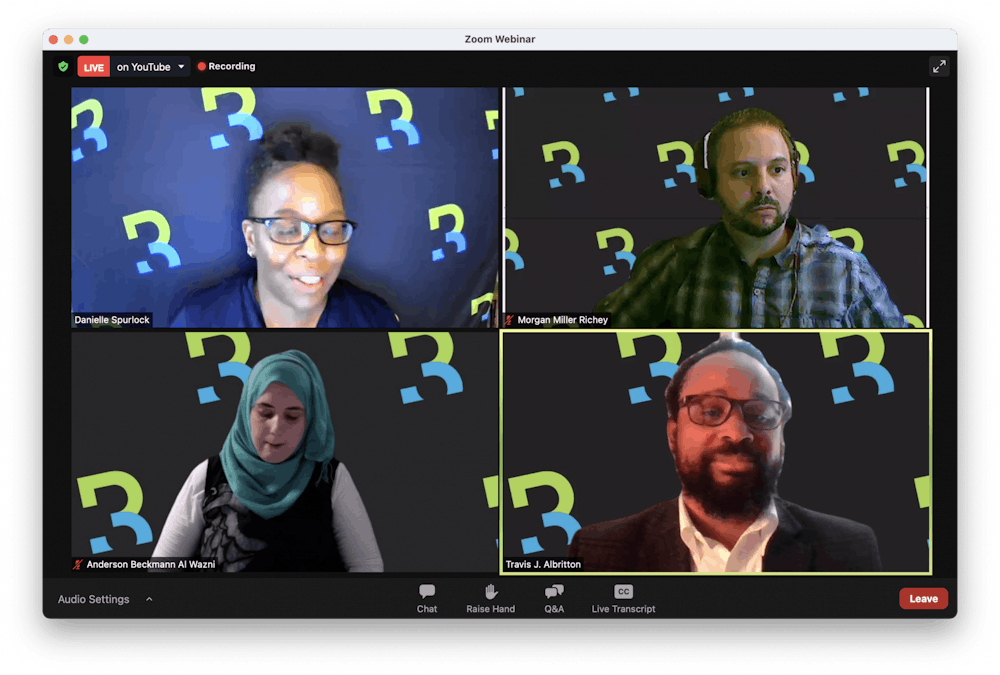Over 600 members of the UNC community joined the Race, Racism and Racial Equity Symposium's fourth event Thursday.
At the virtual seminar, four panelists spoke about where environmental racism manifests itself within society, and what people can do to help.
The Race, Racism and Racial Equity Symposium (R3) is a virtual event series that began in September 2020, focused on contextualizing race at UNC and in the United States. It's hosted by the University Office for Diversity and Inclusion, the Jordan Institute for Families and the UNC School of Social Work's Office of Diversity, Equity and Inclusion.
Thursday's seminar was entitled "The Many Faces of Environmental (In)Justice: Scholarship Addressing Racism, Infrastructure and Climate Action."
Leah Cox, vice provost for equity and inclusion and chief diversity officer, began the seminar in acknowledgement of the Indigenous people who once inhabited the land on which UNC stands.
Cox said R3 is particularly important as people continue to learn about the ways in which systemic and structural racism impact how and where people live.
“I’m encouraged to know that many of my colleagues here at UNC are doing this critical work and helping all of us to understand how we address injustices that affect our entire community,” Cox said.
Moderator Travis Albritton, associate dean of diversity, equity and inclusion at the UNC School of Social Work, then introduced the panelists for the event.
Danielle Spurlock, an assistant professor in the department of city and regional planning at UNC, said her research centers around connections between environmental injustice and city and regional planning. She discussed a study she conducted on urban tree canopy, a layer that reduces the peak temperature and air pollution from climate change.



